One year on from the Turkey-Syria earthquakes: How UK donations are helping people recover
The British public is contributing to the two nations’ efforts to rebuild after what Ankara called the ‘disaster of the century’. The Disasters Emergency Committee is bringing aid to those in need
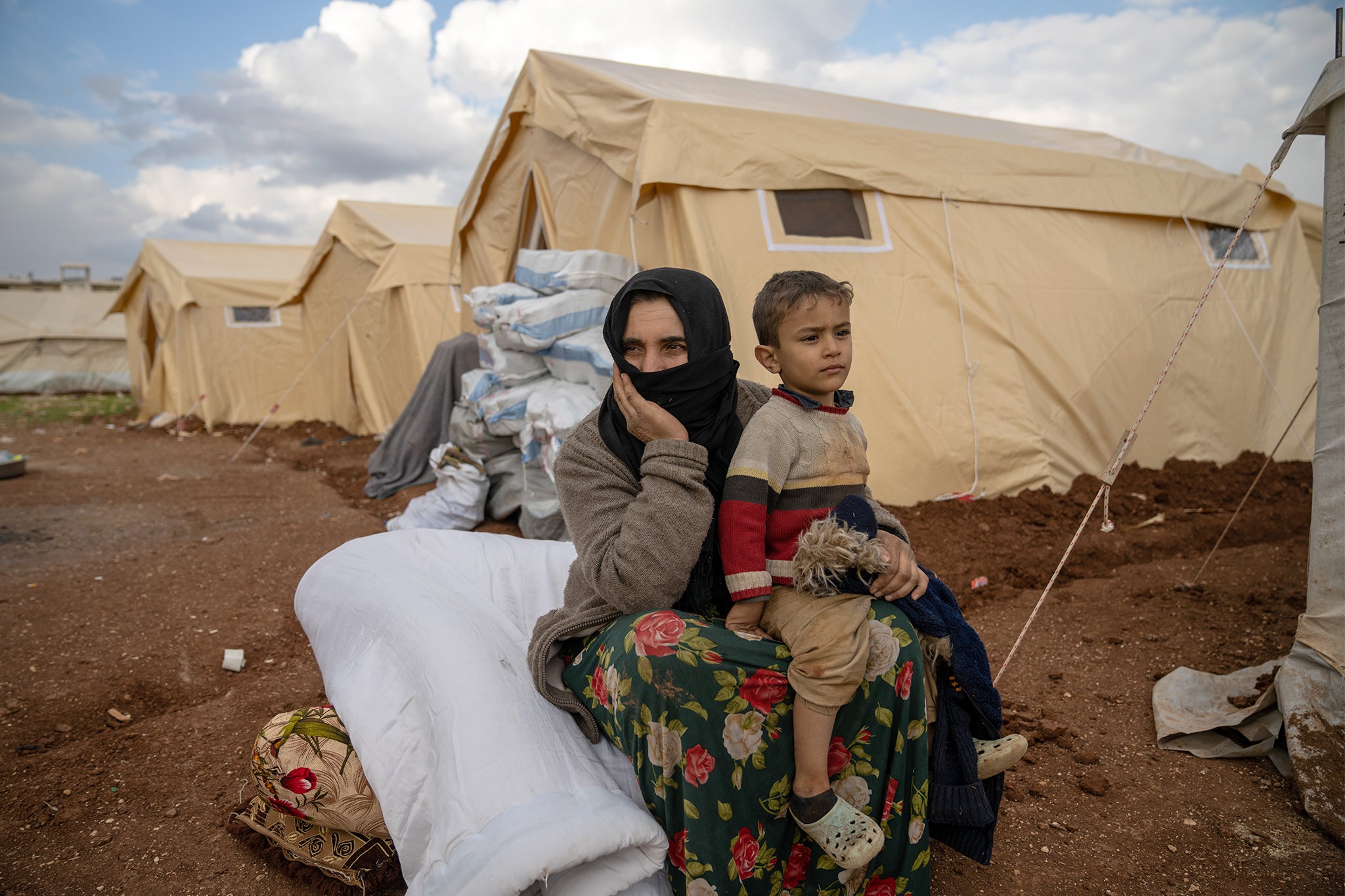
Your support helps us to tell the story
From reproductive rights to climate change to Big Tech, The Independent is on the ground when the story is developing. Whether it's investigating the financials of Elon Musk's pro-Trump PAC or producing our latest documentary, 'The A Word', which shines a light on the American women fighting for reproductive rights, we know how important it is to parse out the facts from the messaging.
At such a critical moment in US history, we need reporters on the ground. Your donation allows us to keep sending journalists to speak to both sides of the story.
The Independent is trusted by Americans across the entire political spectrum. And unlike many other quality news outlets, we choose not to lock Americans out of our reporting and analysis with paywalls. We believe quality journalism should be available to everyone, paid for by those who can afford it.
Your support makes all the difference.On 6 February 2022, at 4.17am local time, the strongest earthquake to hit Turkey since 1939 caused devastation over a widespread area covering southern Turkey and northwest Syria.
More than 300,000 buildings were destroyed or badly damaged, with thousands collapsing as people slept in their beds.
More than 56,000 people were killed – 50,783 in Turkey and at least 5,900 in Syria.
While the earthquake lasted seconds, rebuilding will take years, and many people are still living in tents or converted shipping containers.
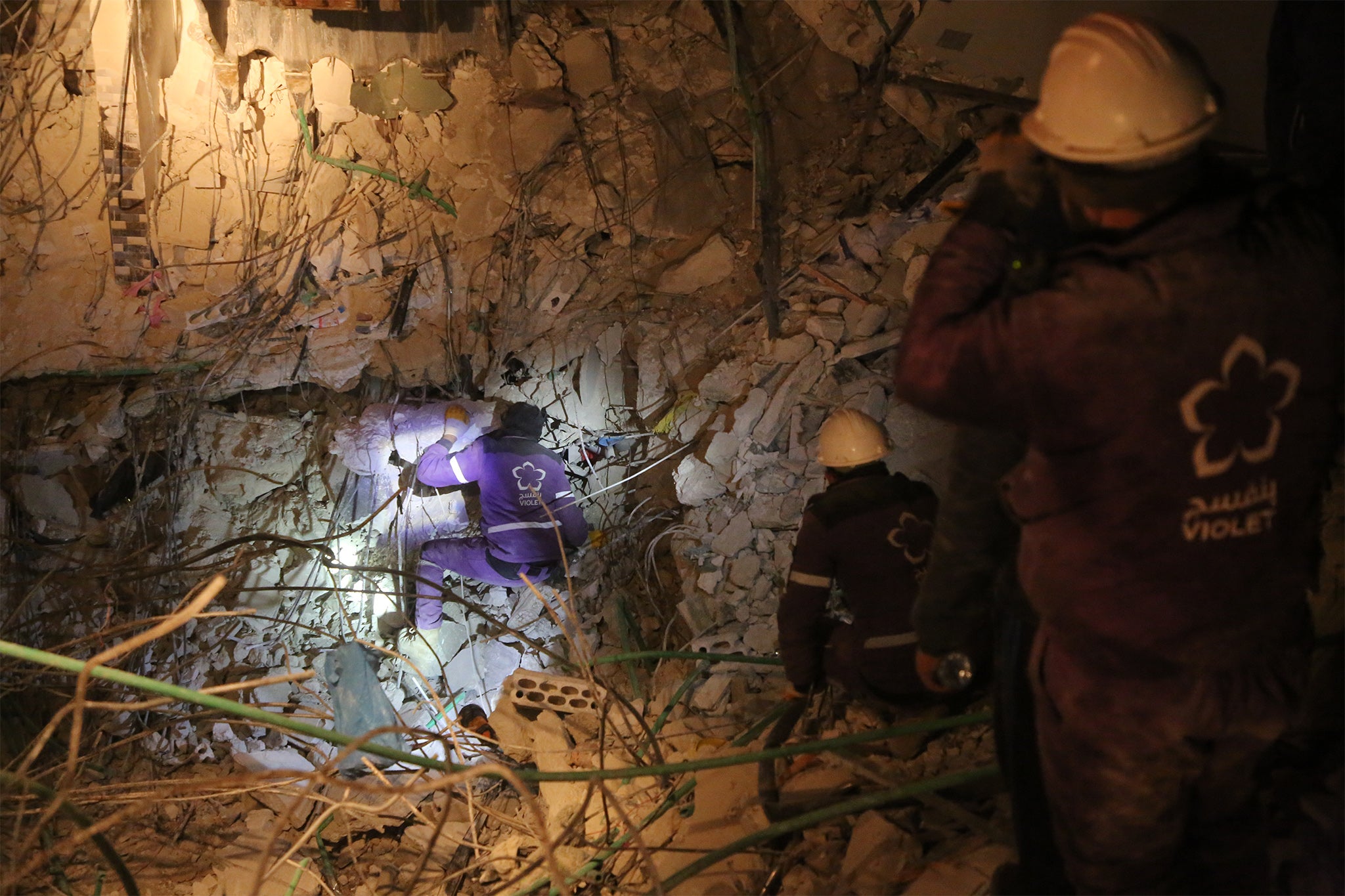
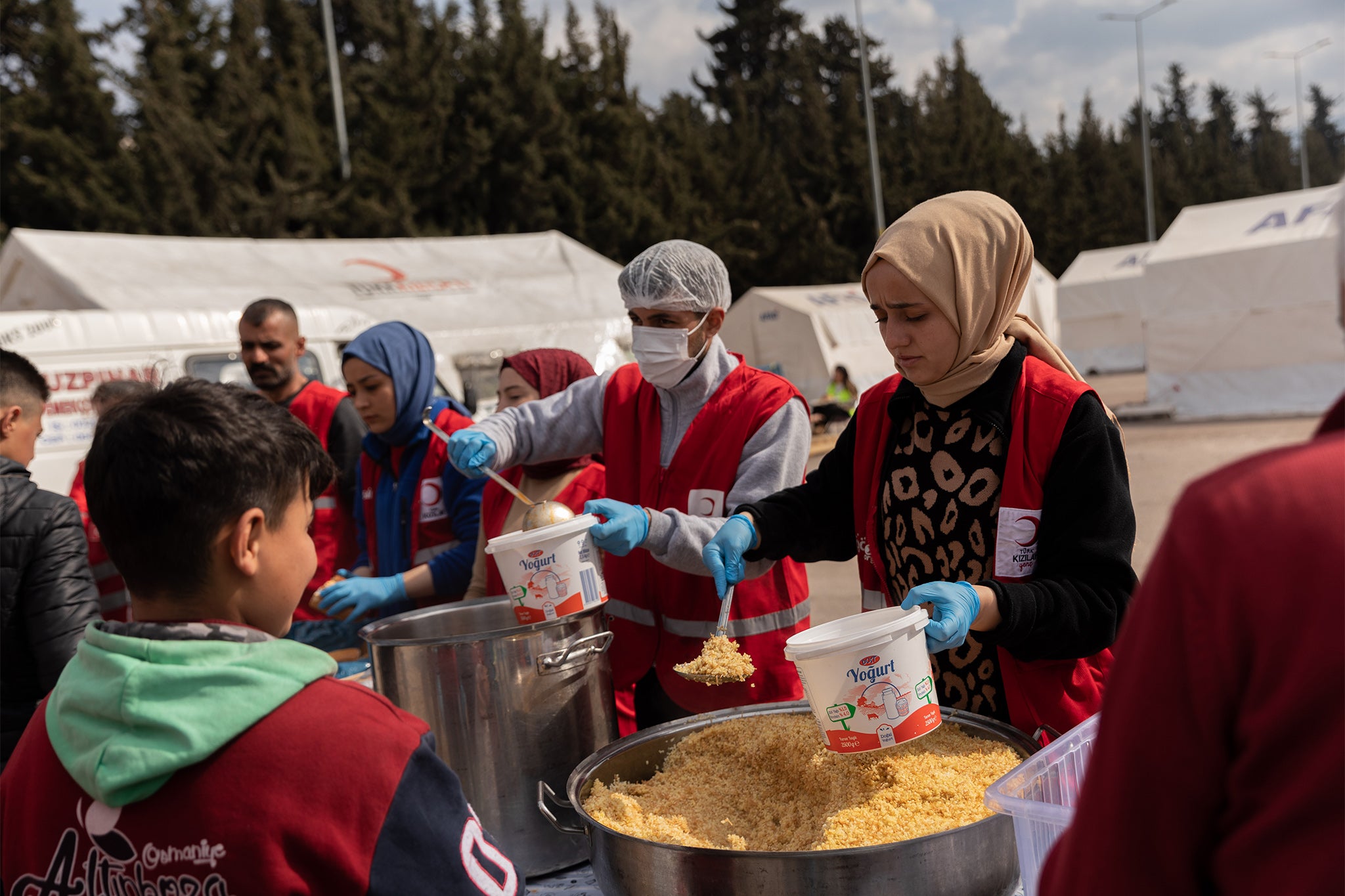
In the year since the earthquakes, they have endured freezing temperatures, flooding and extreme heat.
The disaster zone also spanned the front line in the ongoing Syrian civil war, hampering relief efforts, and affected an area where 2 million people had already fled from their homes due to the conflict.
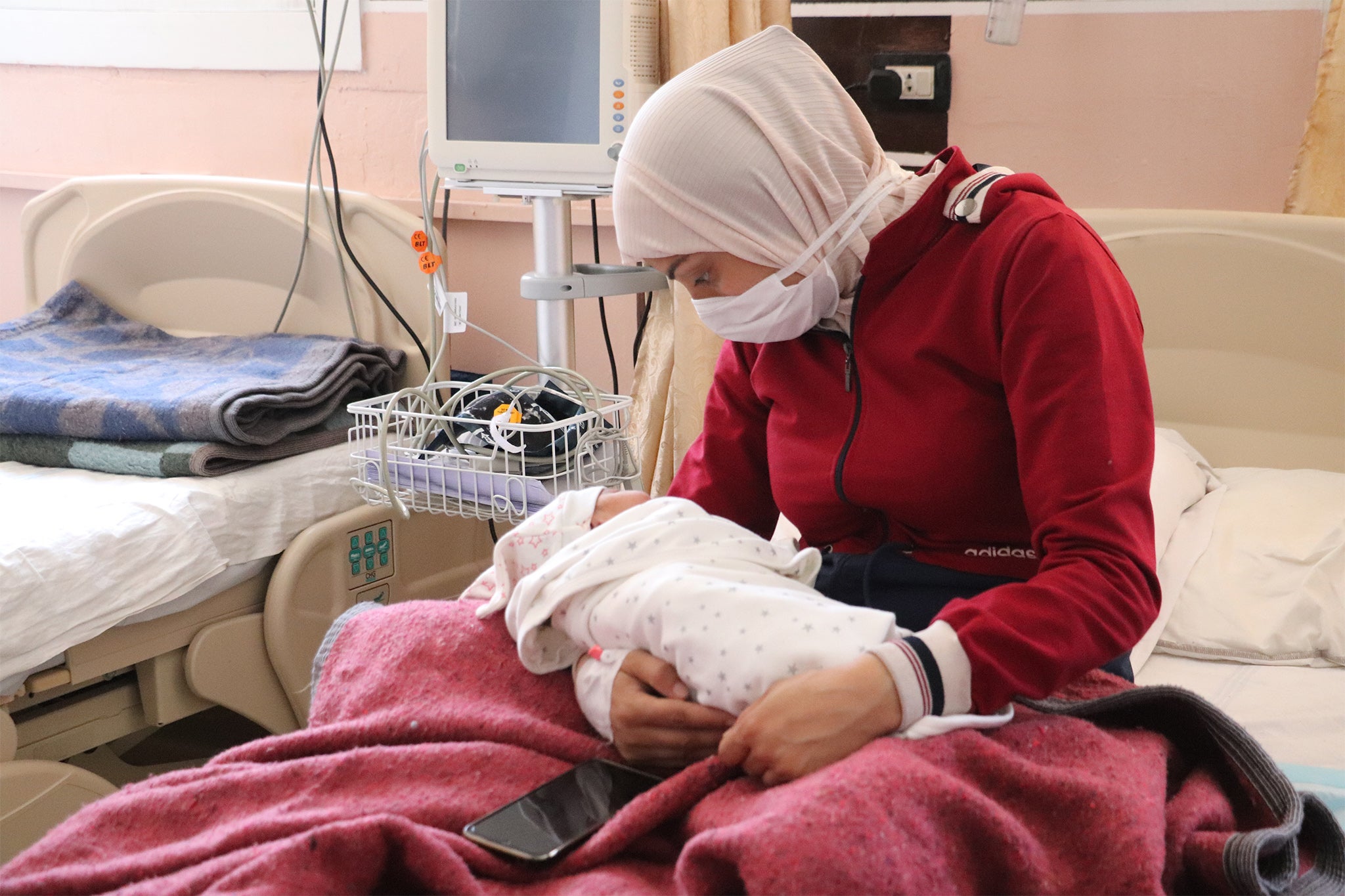
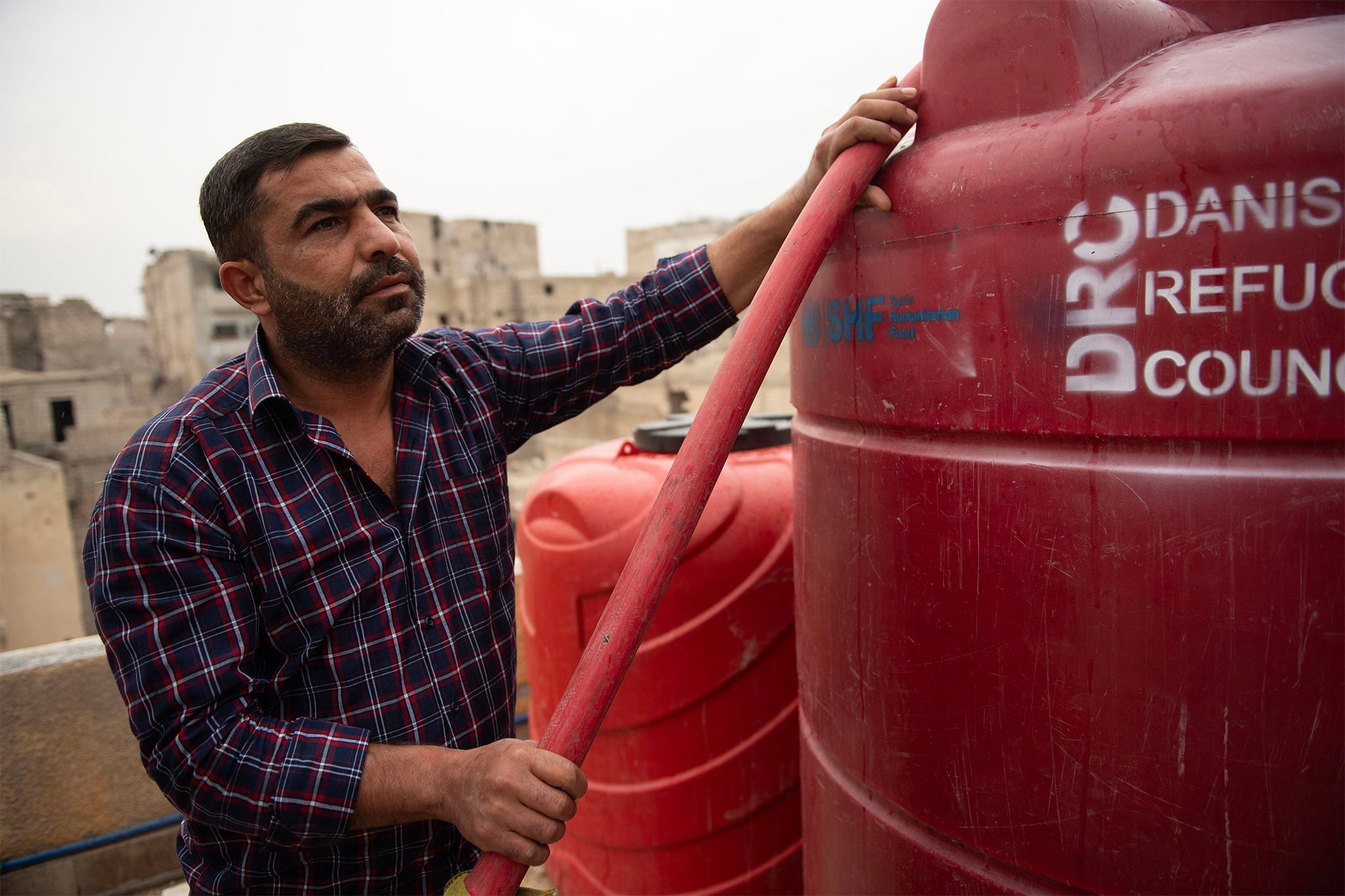
The Disasters Emergency Committee (DEC), which brings together 15 leading UK aid agencies in times of crisis overseas, launched the Turkey-Syria Earthquake Appeal on 9 February, and has now raised £155m, making it the largest charity donor to the earthquake response, according to UN figures.
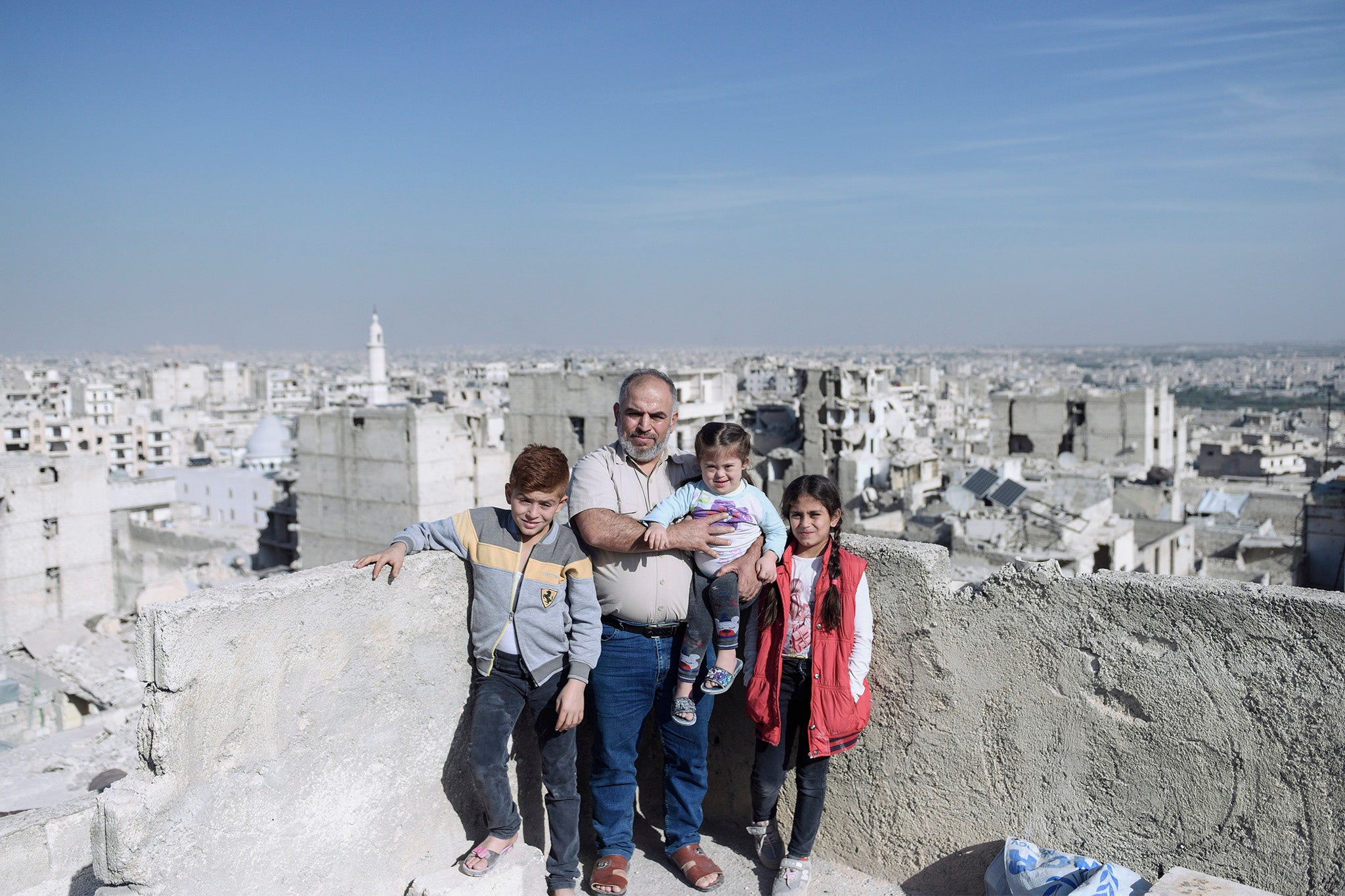
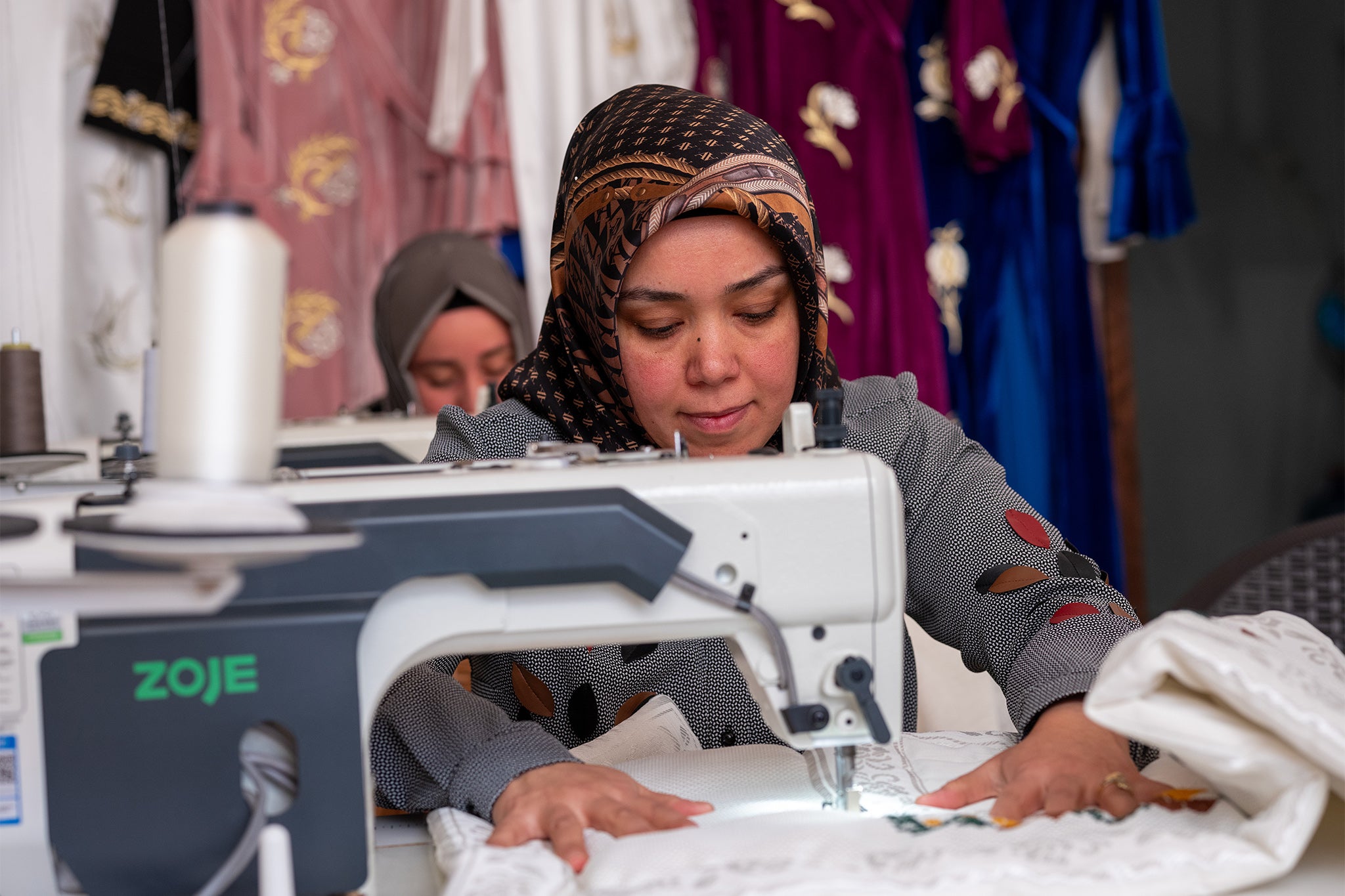
Donations from the UK have been providing lifesaving support including food, clean water and medical care for hundreds of thousands of people.
Charities have also used cash payments and vouchers as an efficient way to help people meet their family’s basic needs.
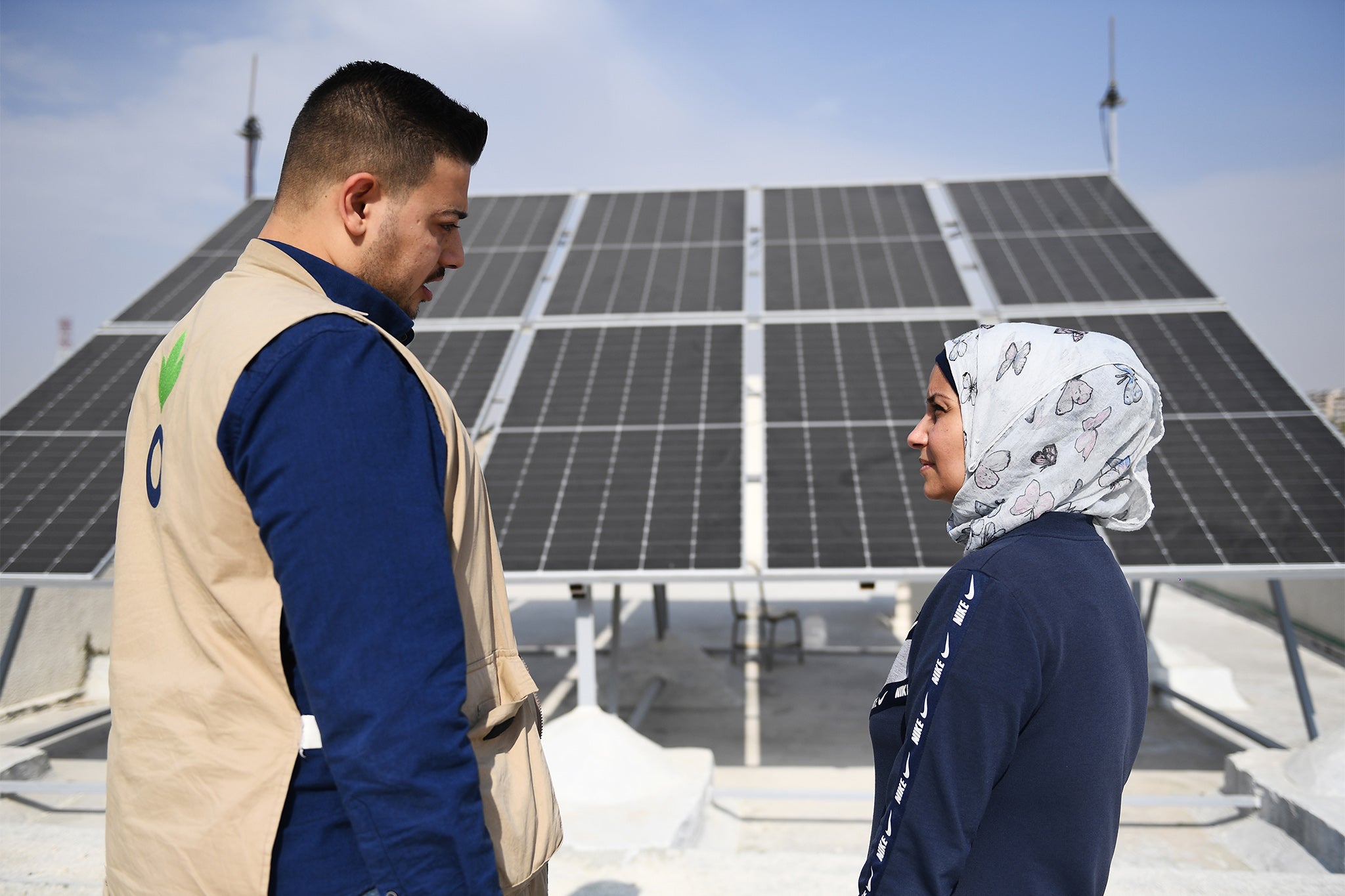
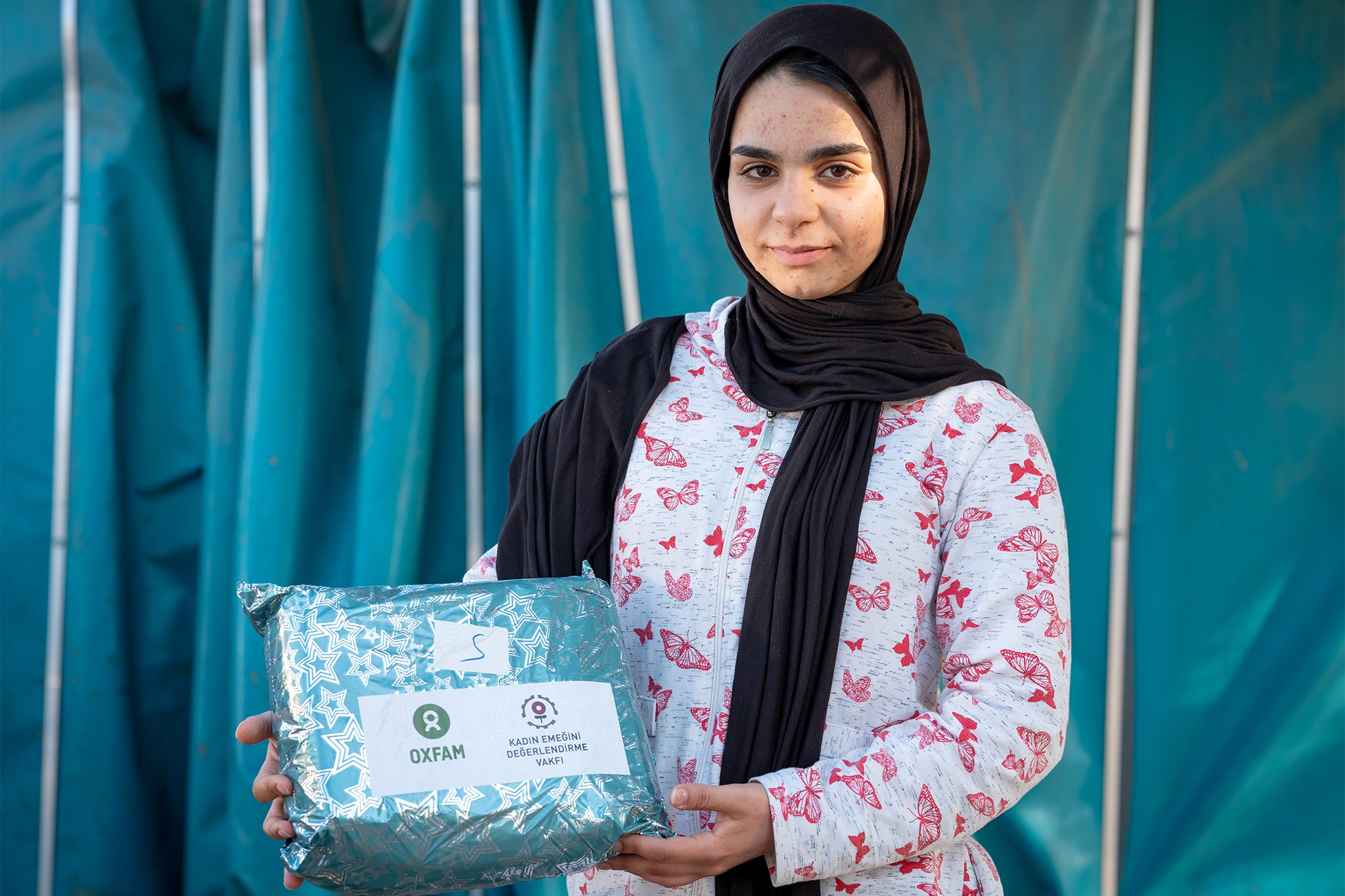
The focus is now shifting towards helping the survivors of the earthquake to begin to rebuild their lives by restarting livelihoods and getting children back to school.
Find out the many ways UK donations to the Disasters Emergency Committee are helping in Turkey and Syria here.
*Names changed
Join our commenting forum
Join thought-provoking conversations, follow other Independent readers and see their replies
Comments